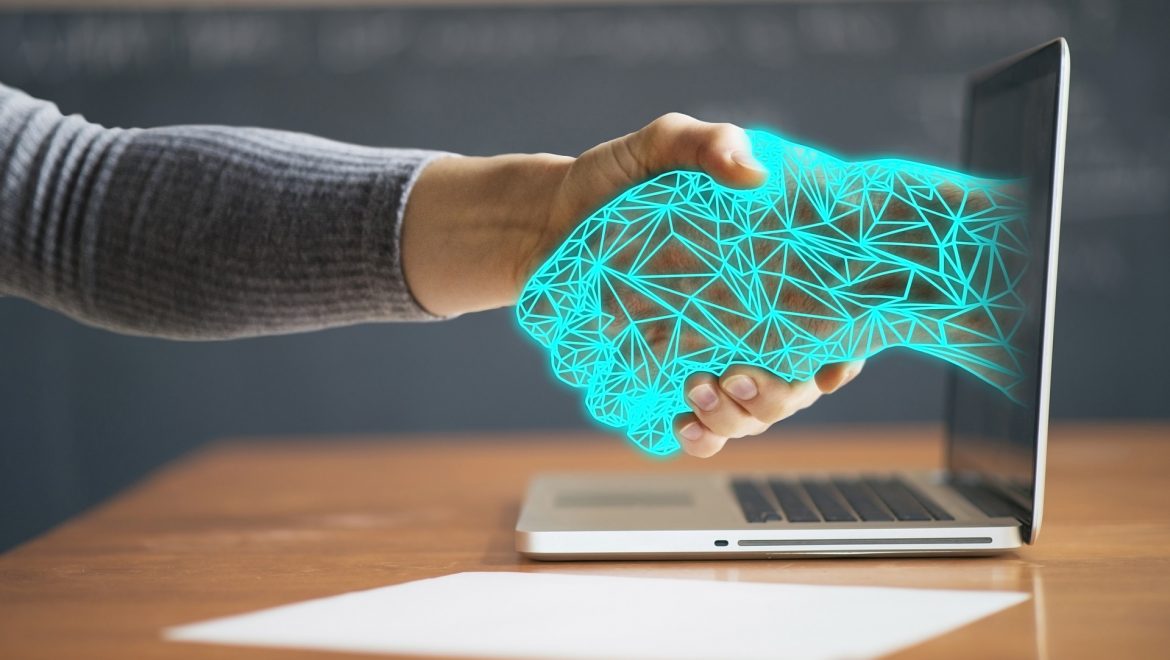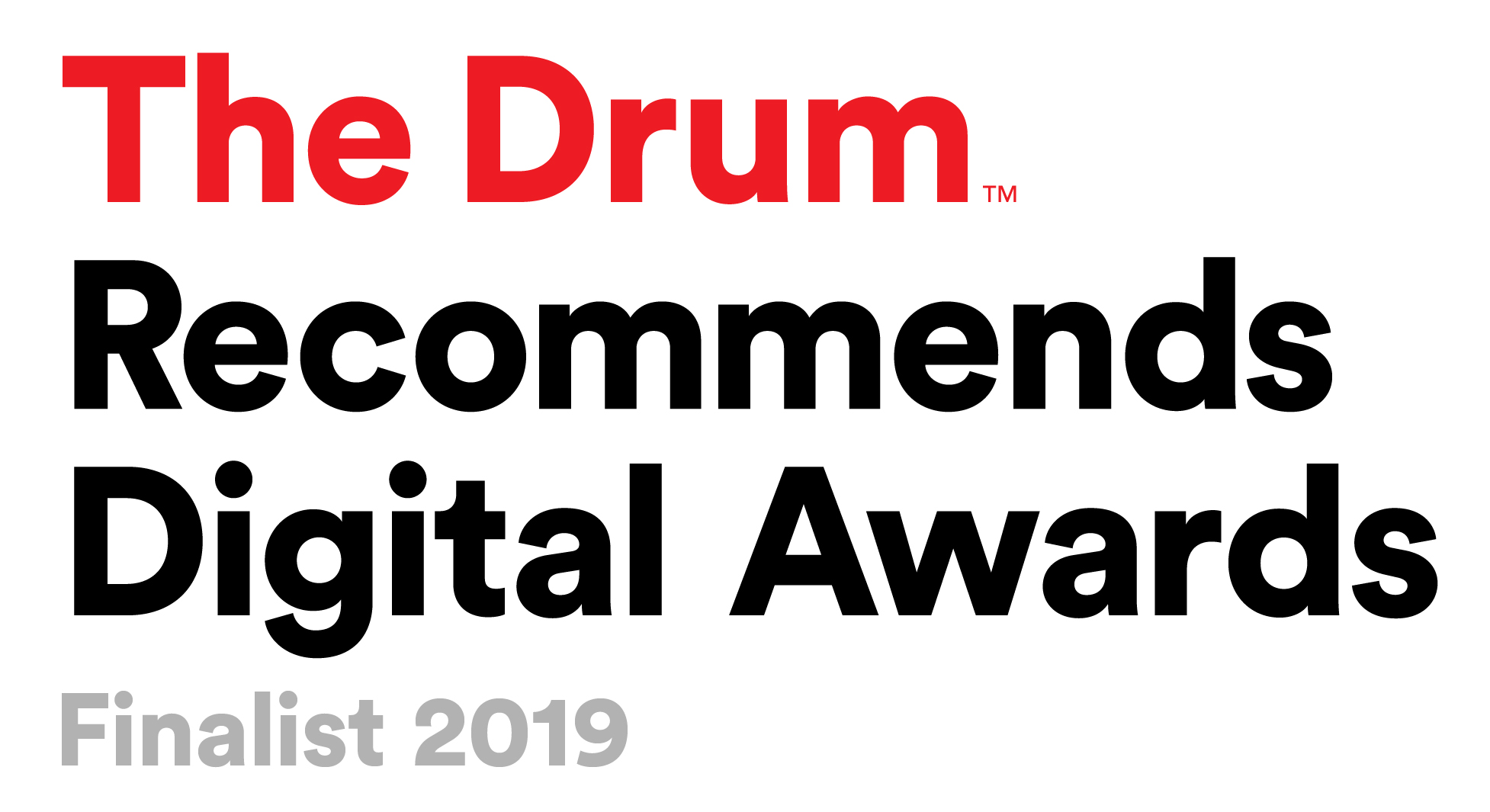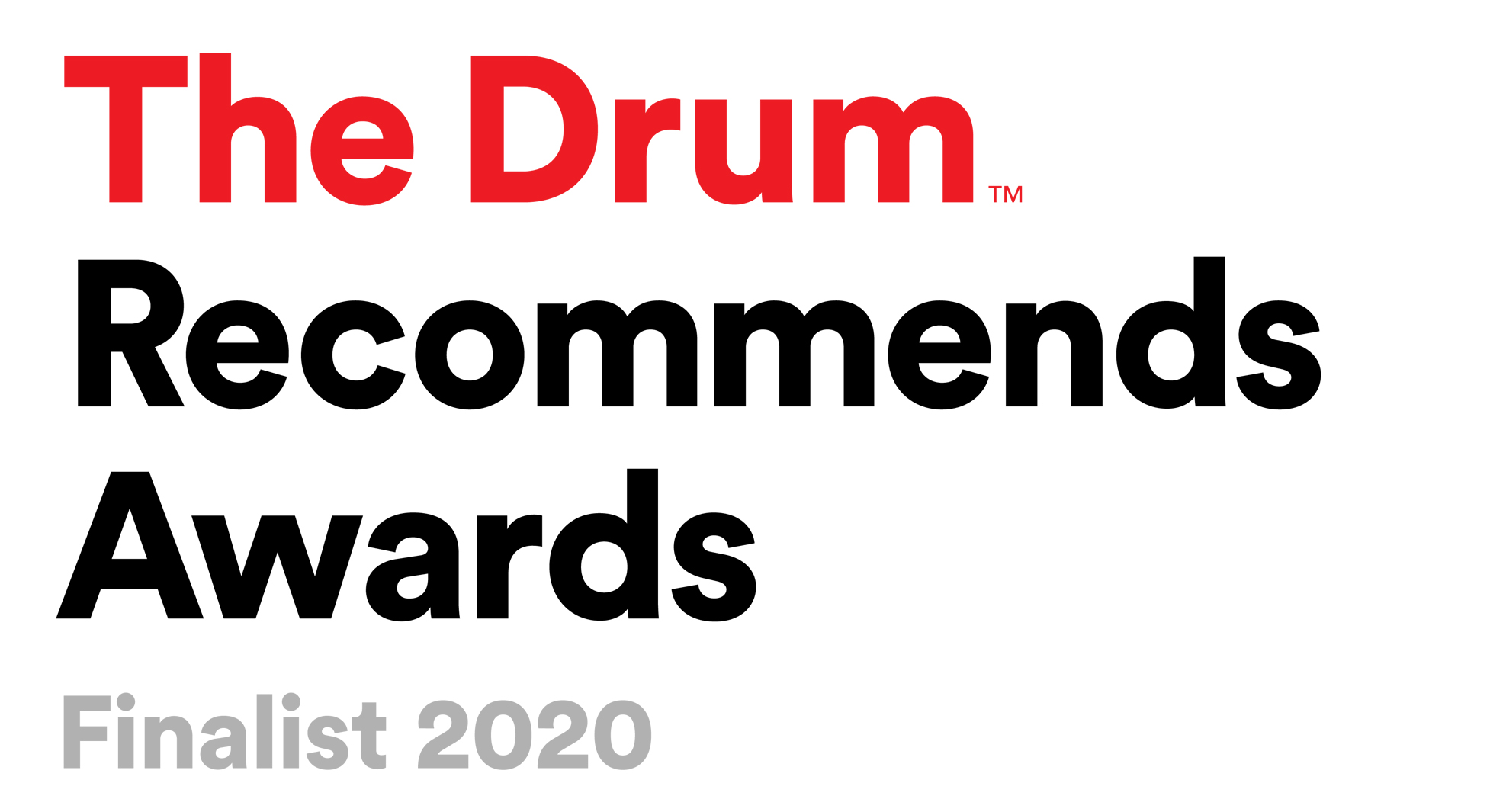
There has been a lot of buzz around the use of artificial intelligence (AI) in marketing recently and in many other industries. There’s talk about how AI bots such as ChatGPT will revolutionise marketing and sales, and even how AI could replace digital marketers.
But while the use of AI in marketing has been increasing, there is not a lot of information or data about how it could impact digital marketing in the coming years, as well as tech industry leaders calling for a slowing down in the development of AI.
So Why Is AI Looking Attractive To The Marketing Industry?
Marketing can involve collecting and analysing massive amounts of data, and AI can mine this data and better apply it to advertising and marketing. As many organisations gather more specialists in data science, the concept of using AI for marketing automation becomes increasingly appealing.
But will AI replace human marketers? Before any marketers begin throwing their virtual clogs into the machinery of AI like the 15th-century Dutch textile workers fearing automated looms would cost them their jobs, let’s take a closer look.
What Is Marketing Automation?
One of the immediate benefits of using AI is its ability to automate certain tasks, thus streamlining certain processes and more effectively measuring the outcomes faster and with less effort.
AI can identify patterns faster, leading to more accurate predictions to help with marketing strategy planning, better use of marketing staff, and saving time and resources.
But as to whether AI will replace real human marketers? The short answer is no. Certainly not yet, and it maybe never will.
AI certainly will prove to be useful, but marketing will always rely on creativeness, inventiveness, and originality when it comes to finding ways to better connect with audiences and customers.
Digital marketing will always need that human touch. Marketing requires storytelling and emotion, which AI will never be able to master or emulate. But despite a reliance on the human element, it may be a fact that we will all have to accept that roles in digital marketing will change over time, just as marketing roles changed with the digital revolution.
AI will lead to an evolution in marketing roles as we begin to understand it better and how to better utilise it to provide better digital experiences.
What Can AI Currently Do?
AI can be used to enhance and simplify aspects of marketing campaigns, as well as help reduce mistakes and promote productivity. Some of the tasks that AI can currently do include:
Automate routine and repetitive tasks – AI can be used to partially replace humans in some everyday repetitive tasks and processes, such as content curation (not creation), PPC as management, and replying to certain emails.
Compilation and analysis of large data sets – AI can be programmed to learn from experience and then more easily tackle large data sets which is typically a laborious task for humans. AI can recognise patterns quickly across data sets, provide predictions based on detected patterns, provide valuable insights about your customer base, and even predict future customer behaviour.
Create digital assistants – Many websites now use digital assistants, such as chatbots which can help give 24/7 customer service, albeit with limited capabilities.
Save time and increase productivity – The implementation of AI can save marketing departments valuable time and resources, which then leads to higher productivity, as marketers have more time to spend on creative tasks and more difficult tasks that need a human touch.
Allow for experimental pilot schemes – some marketing companies have been experimenting with AI by letting it write advertisement copy, banner ads, and email subject lines, conduct digital ad buying, and create buyer personas.
It shows that there is a lot of potential for AI in digital marketing, as long as it is seen as a beneficial tool and not the T-800 Terminator sent back from the future by Skynet to take your job.
What Can’t AI Currently Do?
However, it will be a relief to know that there is still so much that AI cannot do, particularly when it comes to marketing and the human touch. Let’s have a look at what AI is incapable of doing:
Operate individually – AI is a machine, and it requires programming by humans, as well as needing to be continuously updated, and just like the everyday tech in your office, AI systems will need to be replaced when they become obsolete or the needs of the industry change and evolve.
Be creative – No technology can replace the human capacity for creativity or creative problem-solving. AI will always be limited to the data with which it is provided, and only able to draw conclusions from that data. It can’t properly edit photos, write original music, invent anything, or come up with fresh ideas.
Have emotions – AI cannot perform, show, or transmit emotions, meaning it can’t turn emotions into meaningful content that your customers can relate to along their buyer’s journey.
Make human connections – without emotions, AI cannot form genuine human connections. AI cannot be programmed to show empathy or be able to understand cultural and moral concerns.
Critical thinking – AI can excel in gathering and analysing data, but when it comes to developing strategies, it lacks the critical thinking that all humans possess.
How Can Marketers Evolve With The Introduction Of AI?
There is much that marketers can do to grow and evolve alongside the introduction of AI and make sure they keep one step ahead of the impending robot threat know how to utilise AI to their advantage.
Keep up-to-date with AI news and trends – keeping abreast of the latest development in AI in digital marketing will mean you will best know how to leverage it to your advantage. Knowledge is power, and power is knowledge.
Recognise the replaceable skill sets – Identify the skill sets that could be replaced in the future by AI, such as those routine and repetitive tasks and processes that are inevitably time-consuming and boring.
Determine which skill sets will never be replaced – Recognise which skill sets AI will not take over, such as non-repetitive, creative, and critical thinking skills. If you have experience in these, then turn your focus towards them.
Be prepared to adapt – You won’t be able to stop the impending wave of changes due to AI, but you can determine how they may affect you and how to adapt.
Be versatile – Ensure you keep your skill set up to date, and train on new technology and the latest strategies as they become available to remain versatile.
In Conclusion
AI isn’t coming for your job, but even without AI, industries and jobs evolve and change, and it’s important to remain aware and involved. Ensure you create value in yourself and your marketing skills.
At Tonic, we know the importance of the human element in marketing, so if you’re looking for the personal touch, outstanding client services, and a passion for results, talk to us today.



0 comments
Write a comment